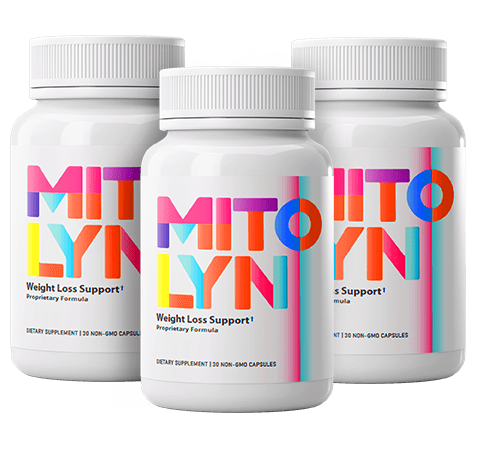In recent years, there has been a growing trend towards plant-based diets as more people become aware of the health and environmental benefits of consuming less animal products. One concern that many have when transitioning to a plant-based diet is ensuring they are getting enough protein. However, there are plenty of high-protein plant-based foods that can help you meet your protein needs while also boosting your health and energy levels. In this article, we will explore 10 of the best plant-based protein sources that you can incorporate into your diet.
1. Lentils
Lentils are a versatile legume that is packed with protein, fiber, and essential nutrients. They are an excellent source of plant-based protein, with one cup of cooked lentils providing around 18 grams of protein. Lentils are also rich in iron, folate, and manganese, making them a great addition to a balanced diet. You can add lentils to soups, stews, salads, or use them as a meat substitute in dishes like lentil tacos or lentil burgers.
2. Chickpeas
Chickpeas, also known as garbanzo beans, are another fantastic plant-based protein source. One cup of cooked chickpeas contains around 15 grams of protein, along with fiber, iron, and antioxidants. Chickpeas are a staple in Mediterranean and Middle Eastern cuisine and can be used in a variety of dishes, including hummus, falafel, and curries. Roasted chickpeas also make a delicious and crunchy snack.
3. Quinoa
Quinoa is a complete protein, meaning it contains all nine essential amino acids that the body cannot produce on its own. One cup of cooked quinoa provides around 8 grams of protein, along with fiber, iron, and magnesium. Quinoa is a versatile grain that can be used as a base for salads, stir-fries, or as a substitute for rice or pasta.
4. Tofu
Tofu is a popular plant-based protein source made from soybeans. It is a great source of protein, with one cup of firm tofu containing around 20 grams of protein. Tofu is also rich in iron, calcium, and magnesium. Tofu can be used in a variety of dishes, including stir-fries, soups, and smoothies. It can also be marinated and grilled for a delicious meat substitute.
5. Edamame
Edamame are young soybeans that are harvested before they fully mature. They are a great source of plant-based protein, with one cup of cooked edamame providing around 17 grams of protein. Edamame is also rich in fiber, iron, and antioxidants. You can enjoy edamame as a snack, in salads, or as a side dish.
6. Chia Seeds
Chia seeds are tiny seeds that are packed with protein, fiber, and omega-3 fatty acids. Two tablespoons of chia seeds contain around 4 grams of protein. Chia seeds can be added to smoothies, oatmeal, yogurt, or used to make chia pudding. They can also be used as a vegan egg substitute in baking recipes.
7. Hemp Seeds
Hemp seeds are a complete protein source, containing all nine essential amino acids. Three tablespoons of hemp seeds provide around 10 grams of protein, along with omega-3 fatty acids and fiber. Hemp seeds can be sprinkled on salads, yogurt, or added to smoothies for an extra protein boost.
8. Almonds
Almonds are a nutrient-dense nut that is rich in protein, healthy fats, and vitamins and minerals. One ounce of almonds contains around 6 grams of protein. Almonds can be enjoyed as a snack, added to salads, or used to make almond butter or almond milk.
9. Spirulina
Spirulina is a type of blue-green algae that is rich in protein, vitamins, and minerals. One tablespoon of spirulina powder contains around 4 grams of protein. Spirulina can be added to smoothies, juices, or used as a natural food coloring in recipes.
10. Seitan
Seitan, also known as wheat gluten, is a high-protein meat substitute made from wheat gluten. One serving of seitan contains around 21 grams of protein. Seitan can be used in stir-fries, sandwiches, or as a meat substitute in dishes like vegan sausages or burgers.
In conclusion, incorporating high-protein plant-based foods into your diet can help you meet your protein needs while also boosting your health and energy levels. Whether you are following a vegetarian, vegan, or flexitarian diet, there are plenty of delicious and nutritious plant-based protein sources to choose from. Experiment with different ingredients and recipes to discover new ways to enjoy these high-protein plant-based foods and reap the benefits of a plant-powered diet.










